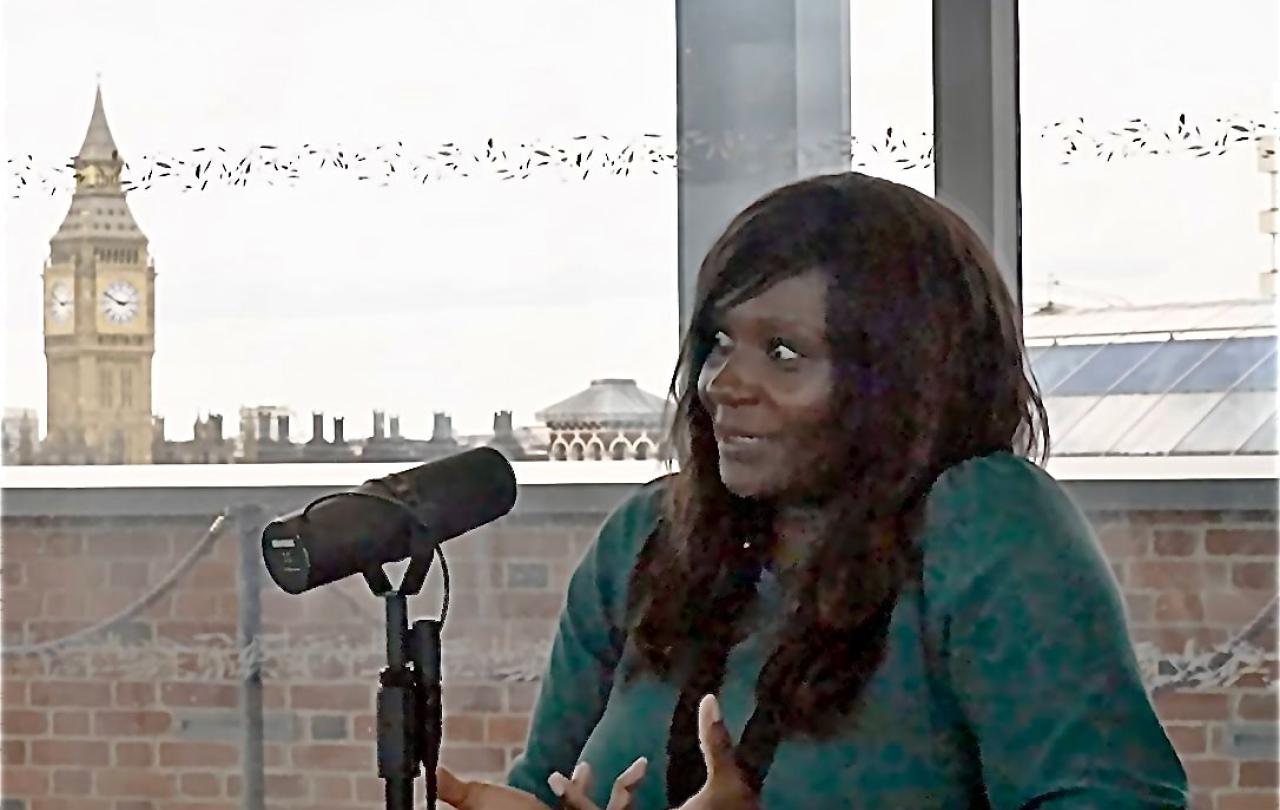As I watched this all unfold, I couldn’t help but think of how much courage it takes to step out in faith in these ways. As a trainee psychologist, my studies tell me that faith is a subset of hope. One which is associated with positive mental health and wellbeing, resilience, coping with anxiety and healthy relationships. Faith tends to have an additive impact on our lives.
Doubt on the other hand, is a protective mechanism that helps us to minimize risk so that we can preserve ourselves, others or our resources. Doubt often works by integrating our past experiences into our present. For instance, those who shared their doubt about the quality of SAULT’s first live show did so for good reason. Many first artist shows are underwhelming for fans. Spiritual leaders and groups have exploited followers in the past. An old IKEA hasn’t historically been the best venue for esteemed musicians. On that evidence, attending the show seemed like it would have just been a loss. However, what actually happened was quite the opposite. Those SAULT fans who saw the doubts and uncertainties and still decided to act in faith were able to witness something magical. It reminded me of John, one of the followers of Jesus, who wrote: ‘blessed are they who have believed but not seen’. Sometimes, we want to see the evidence of our faith so that we can believe we have good grounds on which to make a decision, and that is wise. But sometimes, faith asks us to go beyond our wisdom, to go beyond our lived experiences and to be open to something new that we haven’t seen yet.
Of course, not all acts of faith work out the way that SAULT’s first show did. Sometimes we step out in faith and rather than having our hopes realized, we are met with disappointment. We are met with our fears coming true and met with risks that become real losses. Though those moments can be deeply painful, we can at least be glad that we had the courage and ability to hope at all. Those moments remind us that sometimes the act of faith is the end in itself, they remind us that it is not about the reward of faith, but about keeping the flame of hope alive underneath it.
Though I won’t be able to look back years from now and say I was at SAULT’s first show as I would’ve liked to - thanks to the password I couldn’t recall, I can look back and say that morning where I was sat at my desk between the faith and doubt taught me a valuable lesson: faith is not the absence of doubt, but the ability to see beyond it - to choose beyond it. In 2024, I think that’s a lesson worth holding on to.


